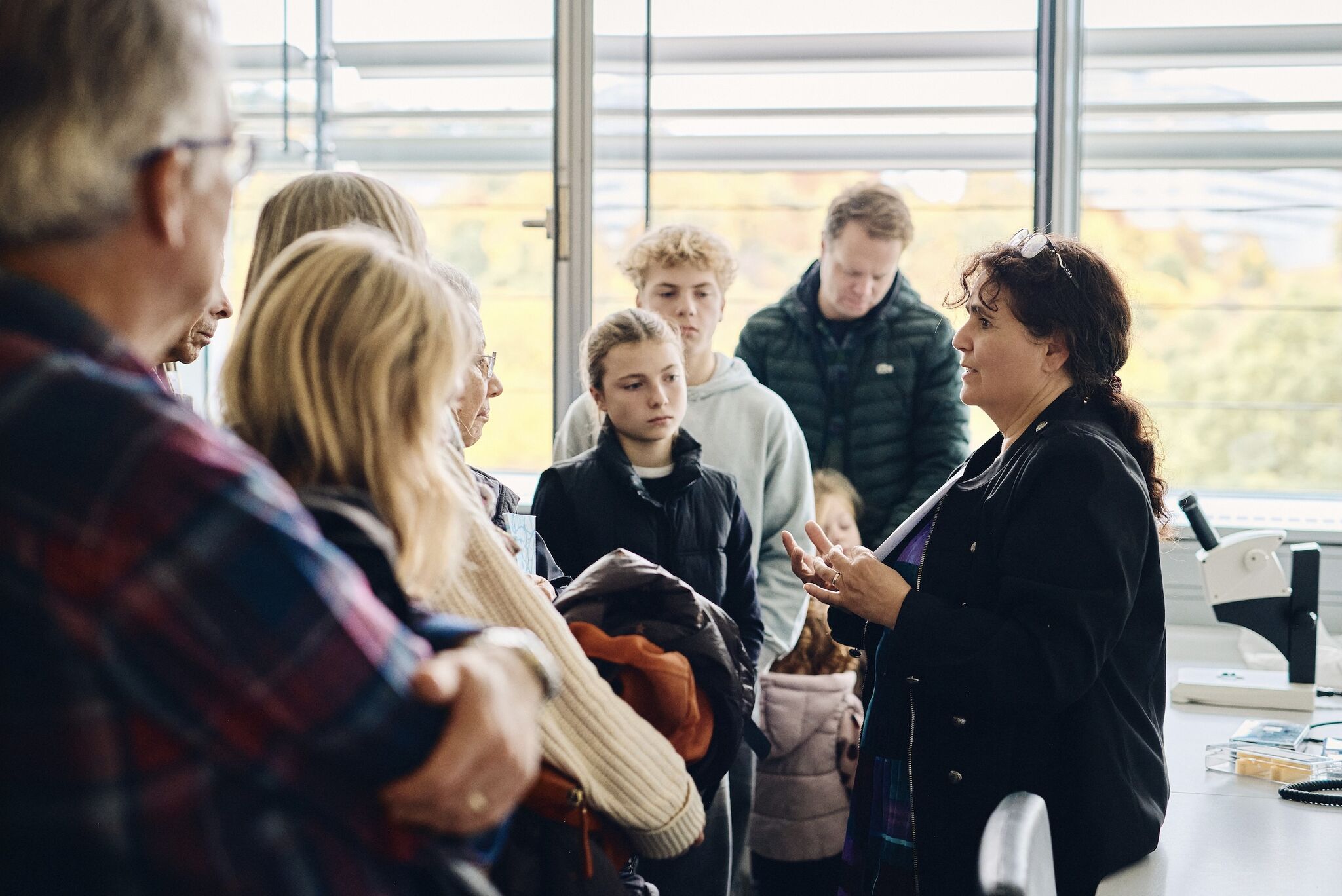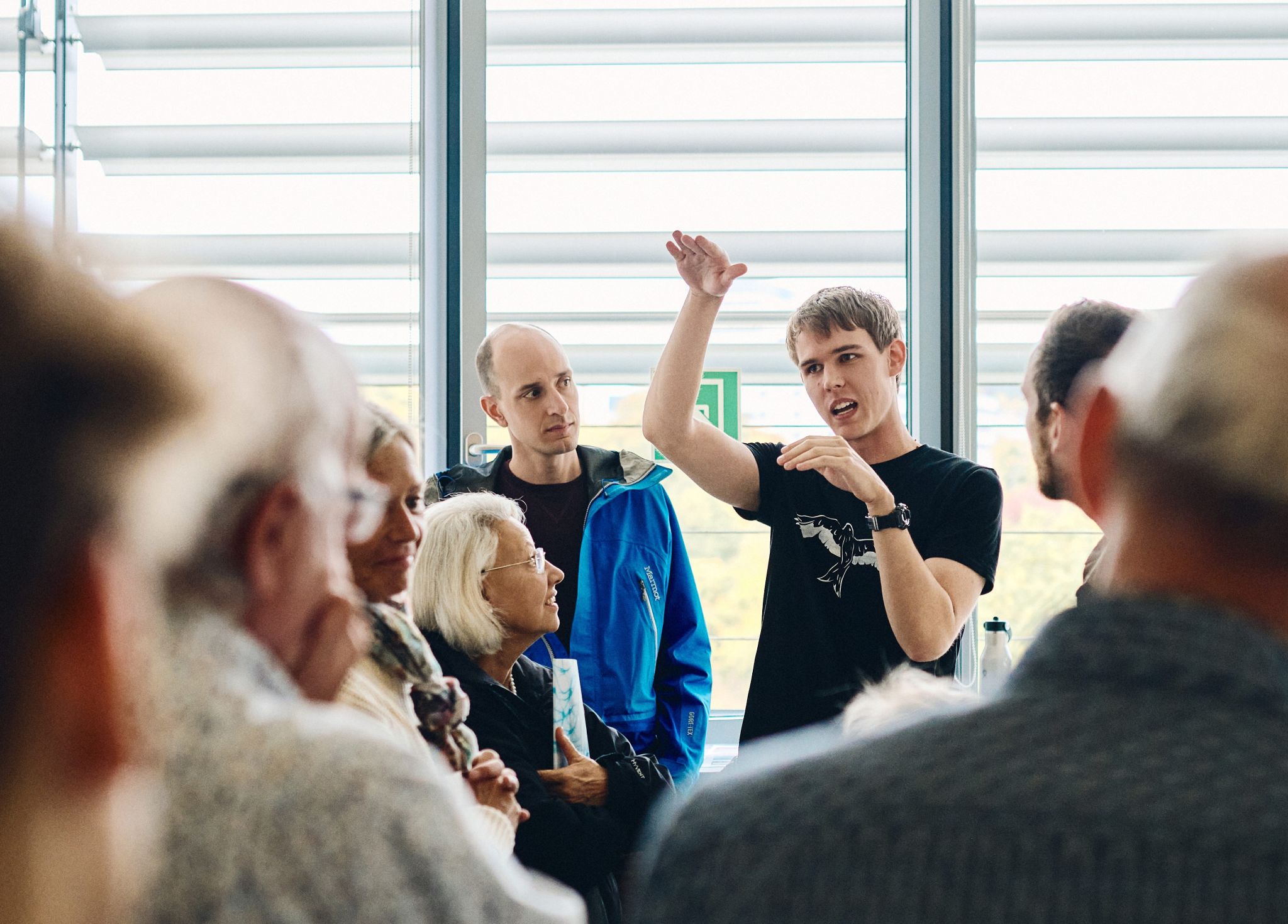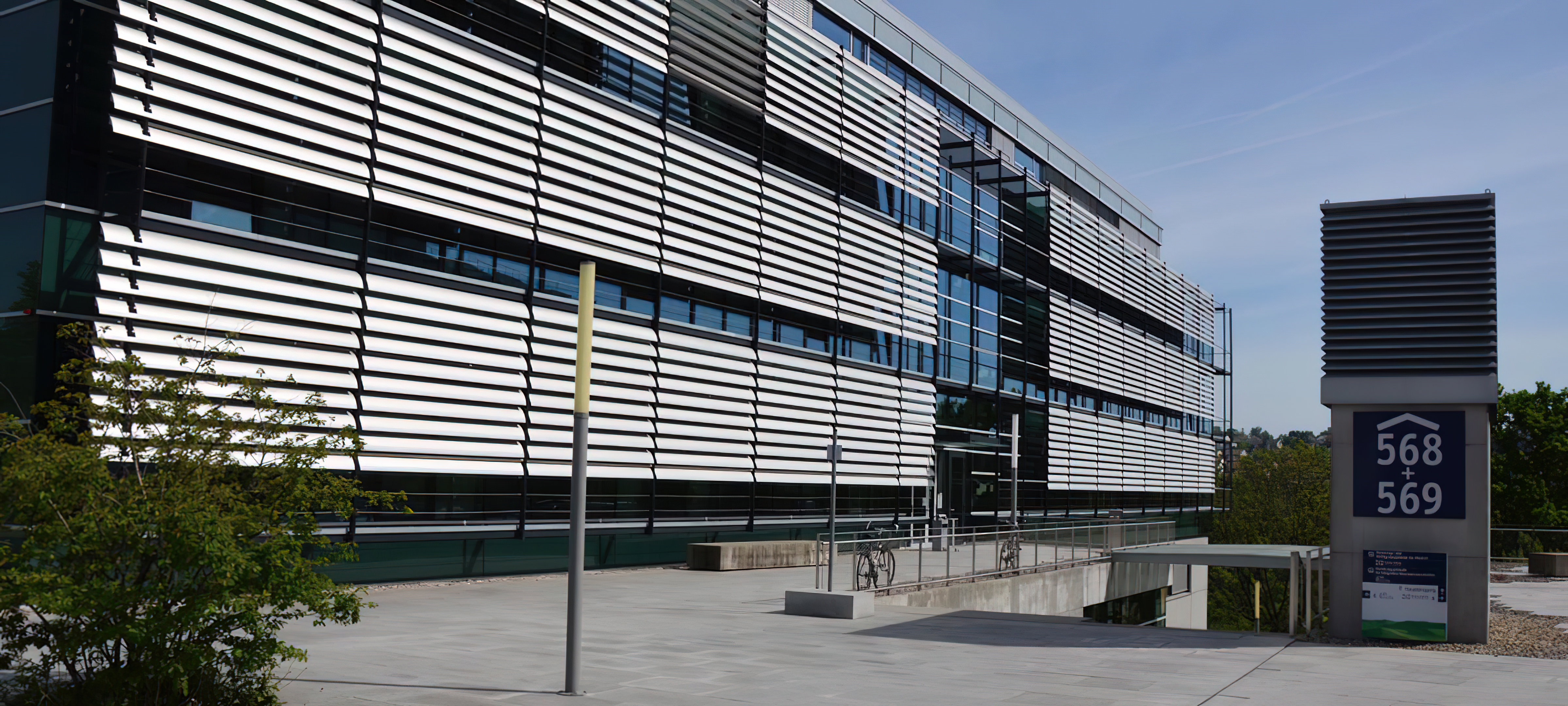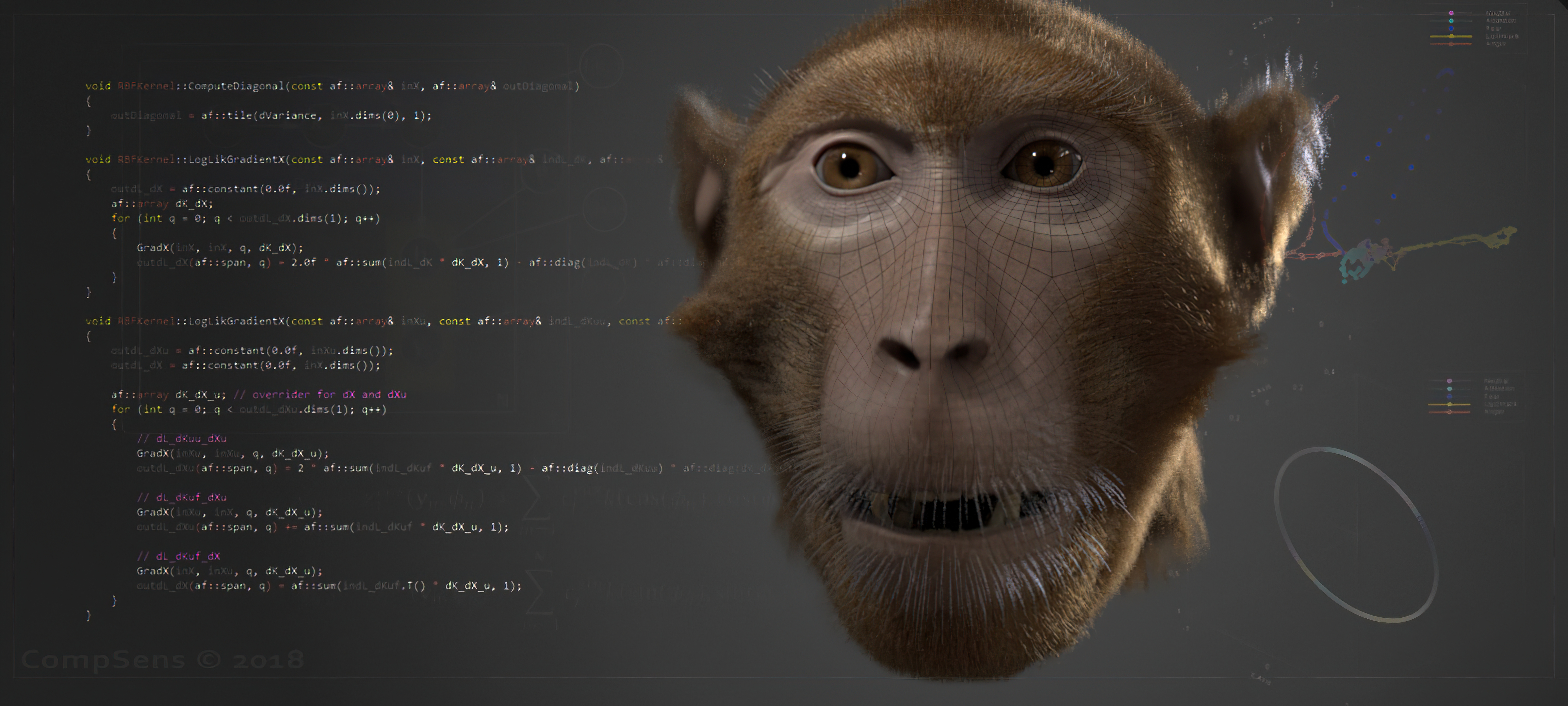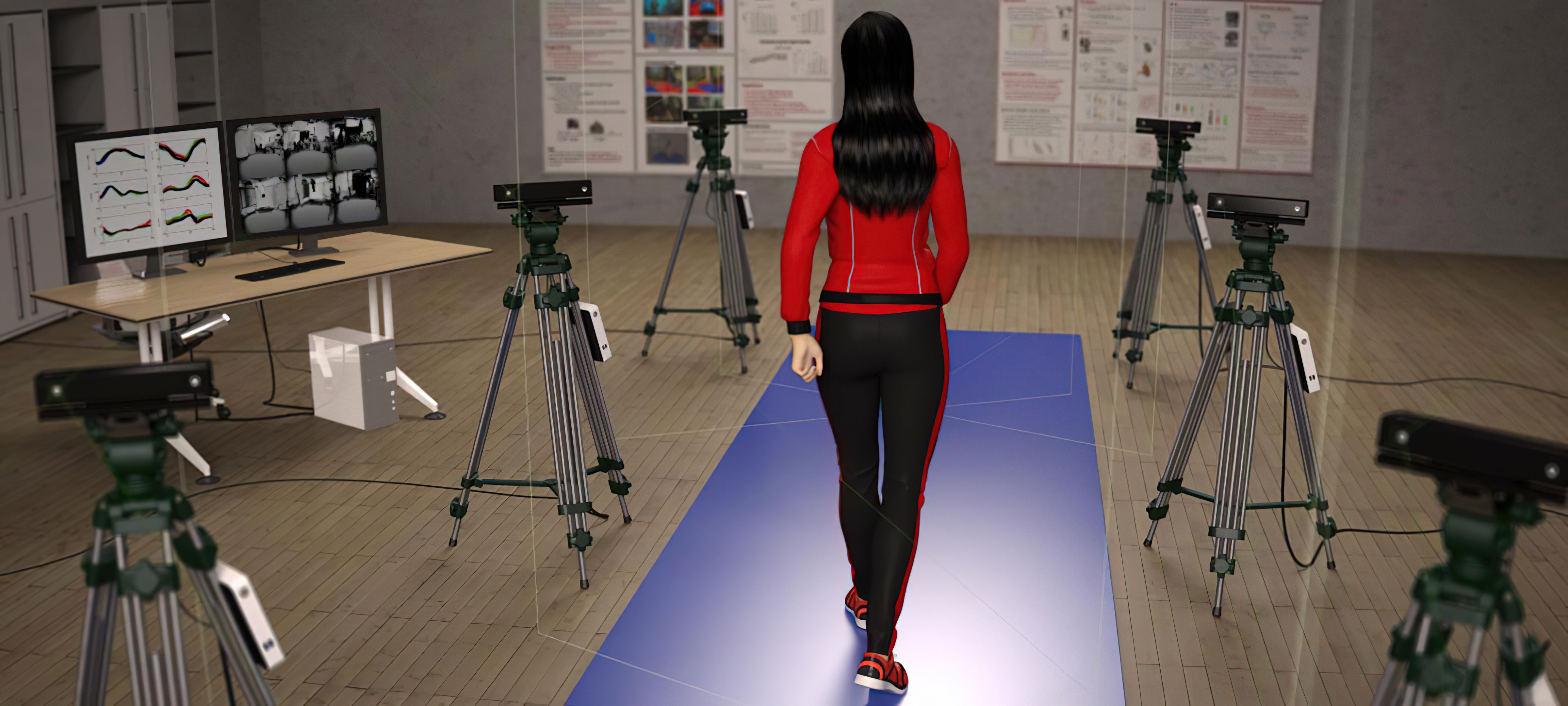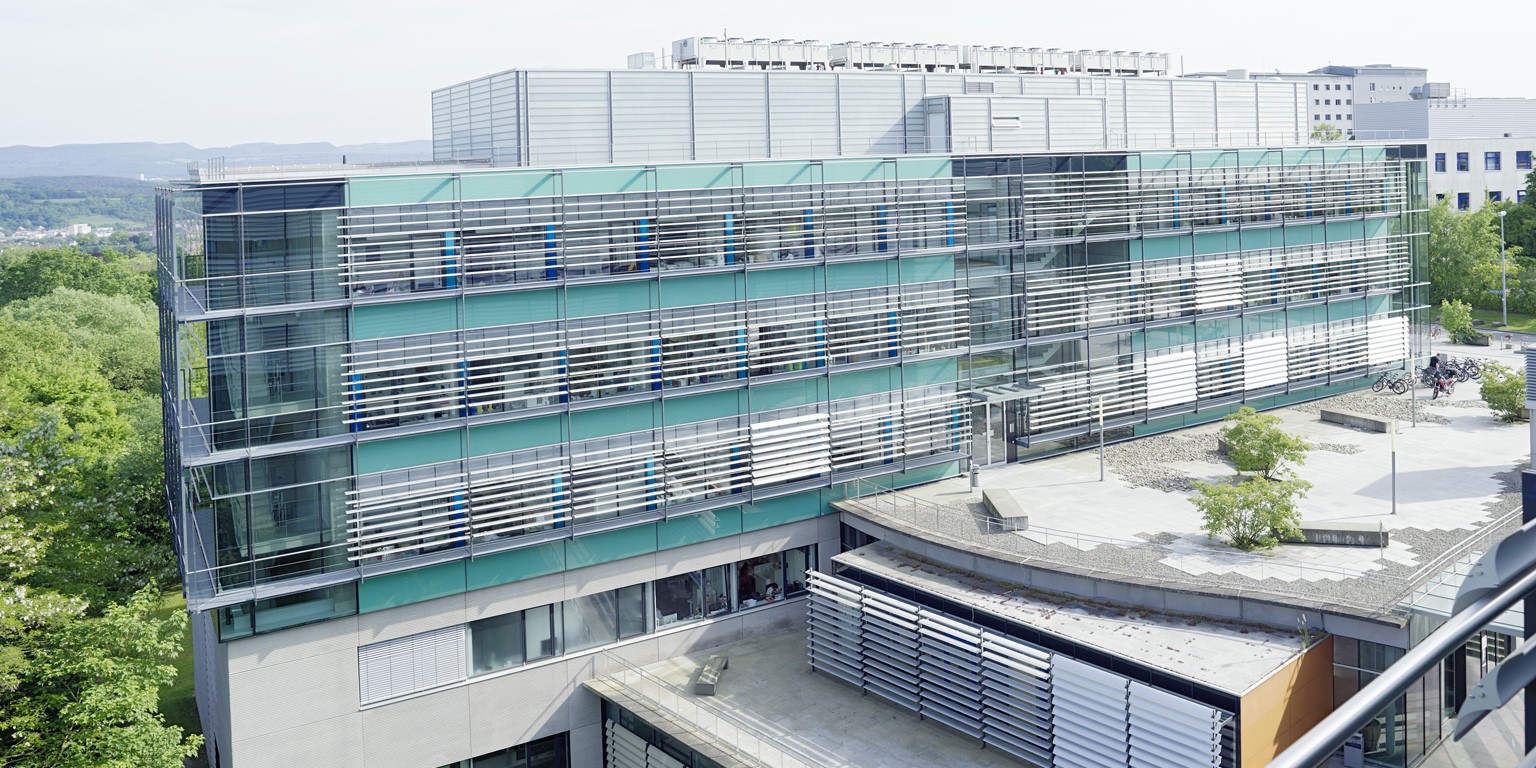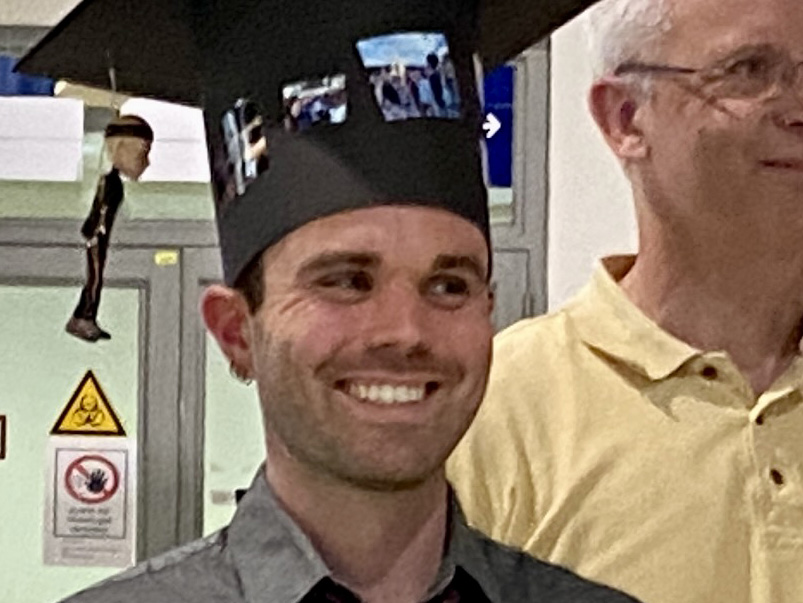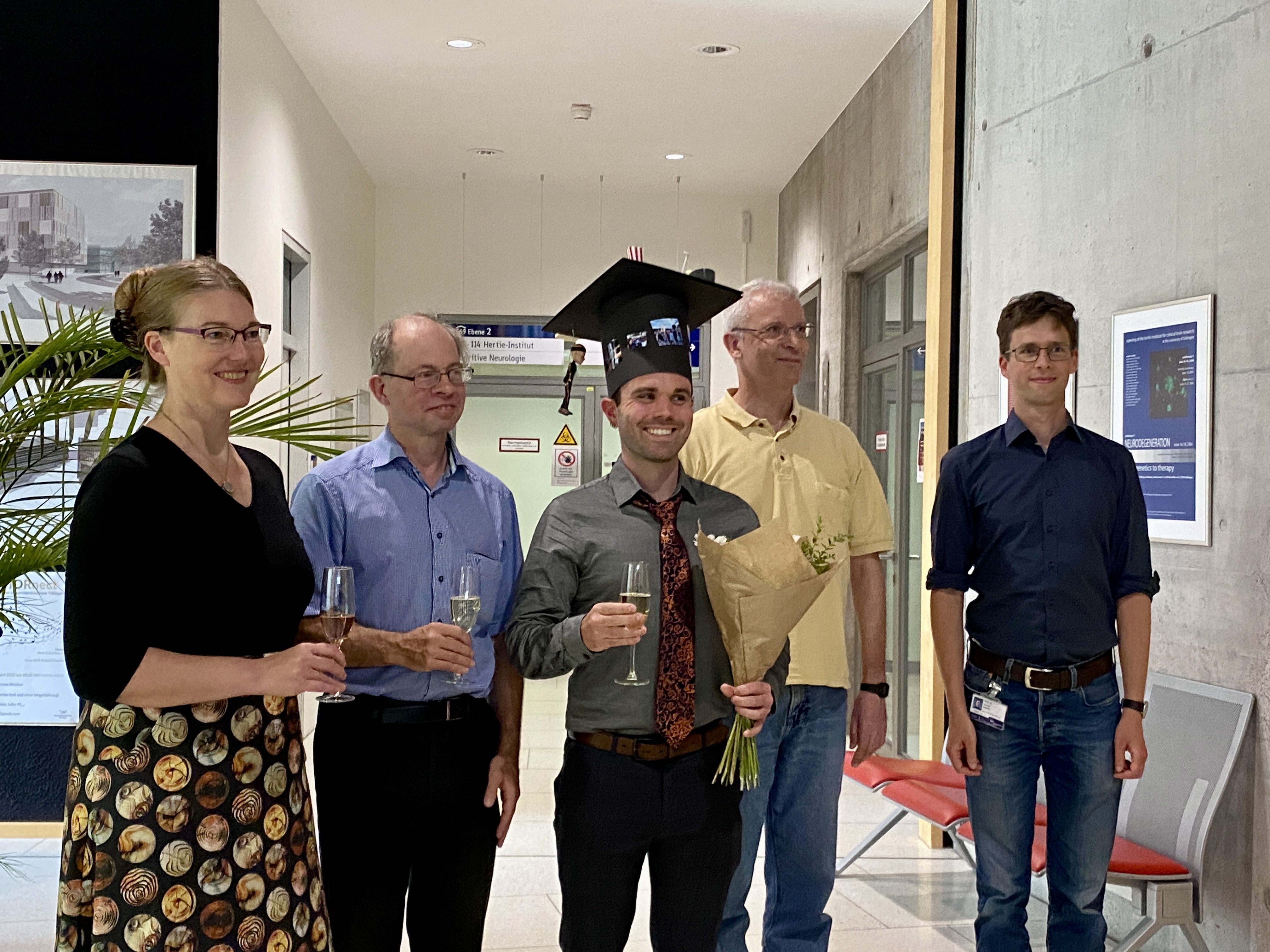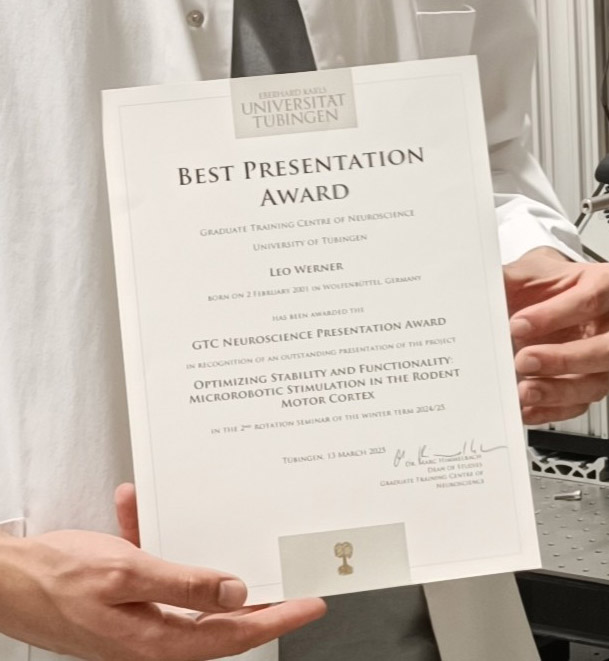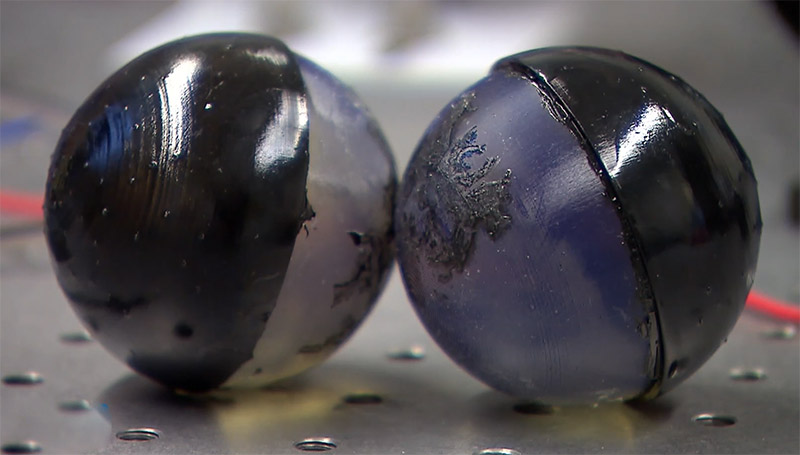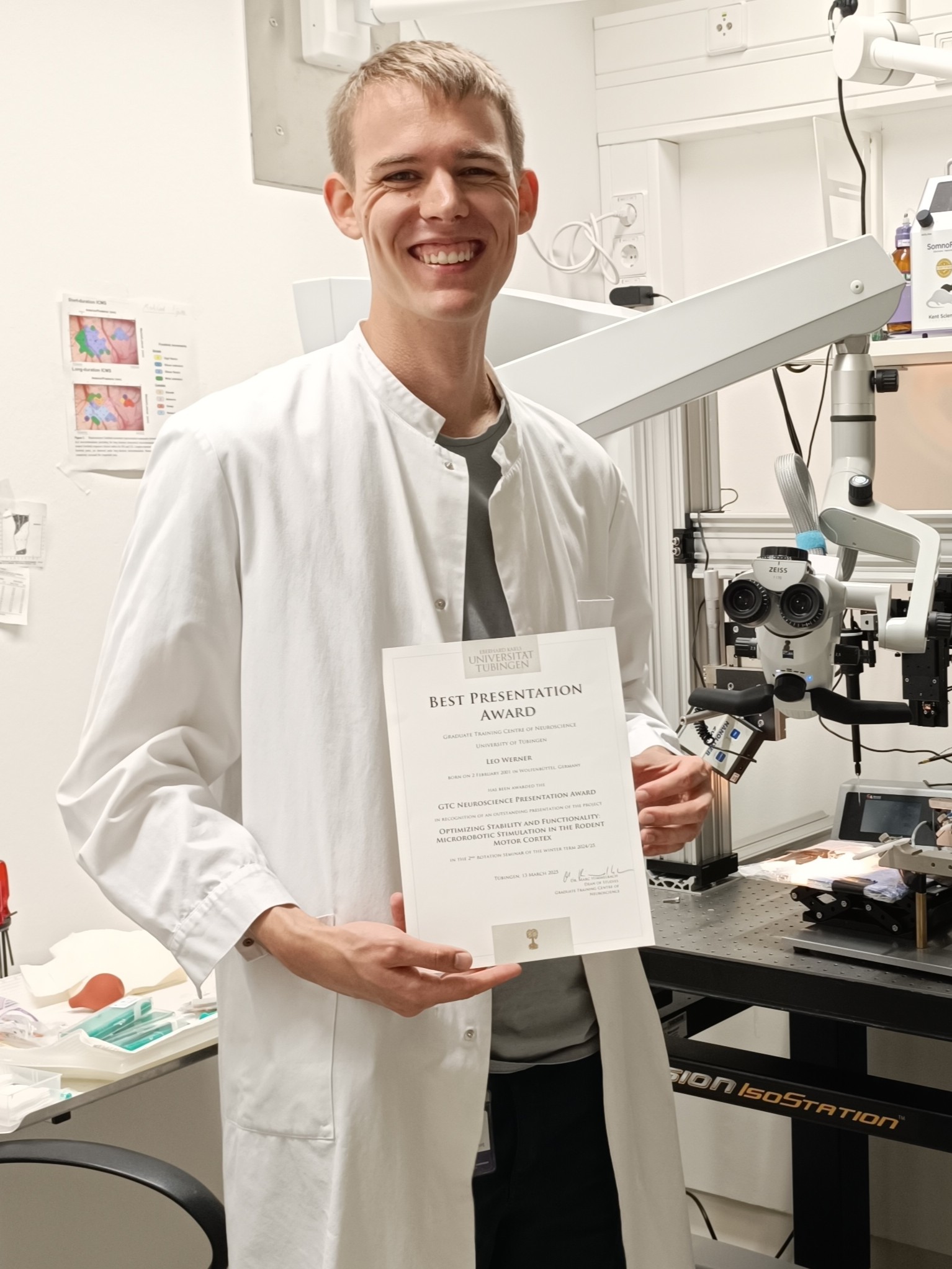
We’re proud to announce that Leo Werner received the Neuroscience Presentation Award from the Graduate Training Centre of Neuroscience at the University of Tübingen for his outstanding lab rotation presentation:
“Optimizing Stability and Functionality: Microrobotic Stimulation in the Rodent Motor Cortex”
Supervised by Dr. Alia Benali (AG Giese), Leo addressed the challenge of microparticle injectability. He conducted over 500 systematic injections into self-made brain phantoms and validated his findings in animal models, in collaboration with researchers from the Max Planck Institute for Intelligent Systems.
His project marks an important step toward translating microrobotic approaches from in vitro to in vivo applications; paving the way for future preclinical and clinical neuromodulation strategies.
Congratulations, Leo!
===============================================================================================================
Leo Werner wurde mit dem Neuroscience Presentation Award des Graduate Training Centre of Neuroscience der Universität Tübingen ausgezeichnet. Gewürdigt wurde seine herausragende Präsentation im Rahmen eines dreimonatigen Lab-Rotationsprojekts zum Thema:
„Optimizing Stability and Functionality: Microrobotic Stimulation in the Rodent Motor Cortex“
Unter der Betreuung von Dr. Alia Benali (AG Giese) entwickelte Leo eine systematische Testreihe zur Injektionsstabilität mikrorobotischer Partikel. Mithilfe selbstgebauter Gehirnphantome führte er über 500 Versuche durch und validierte die Ergebnisse in Zusammenarbeit mit Wissenschaftlern des Max-Planck-Institutes für Intelligente Systeme im Tiermodell.
Seine Arbeit trägt wesentlich dazu bei, die Übertragung von Mikropartikel-Technologien aus der Petrischale in präklinische Anwendungen zu ermöglichen, ein zentraler Schritt für zukünftige neurotechnologische Therapien.
Herzlichen Glückwunsch, Leo!
